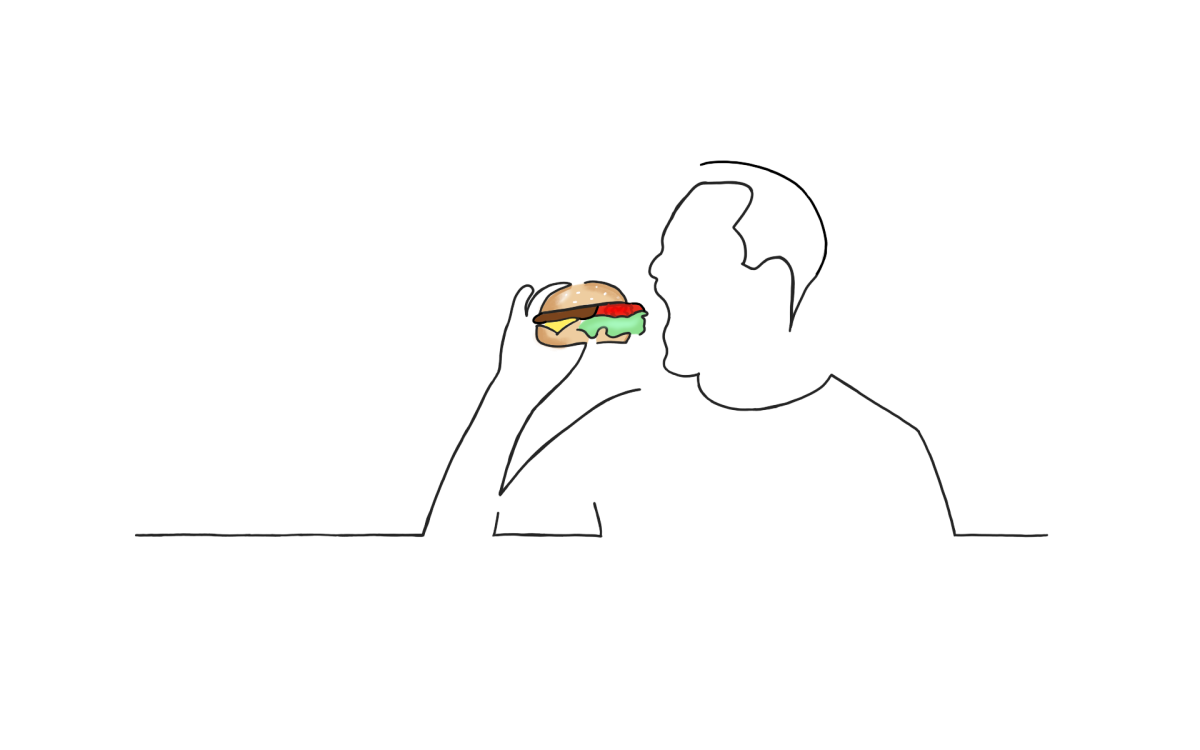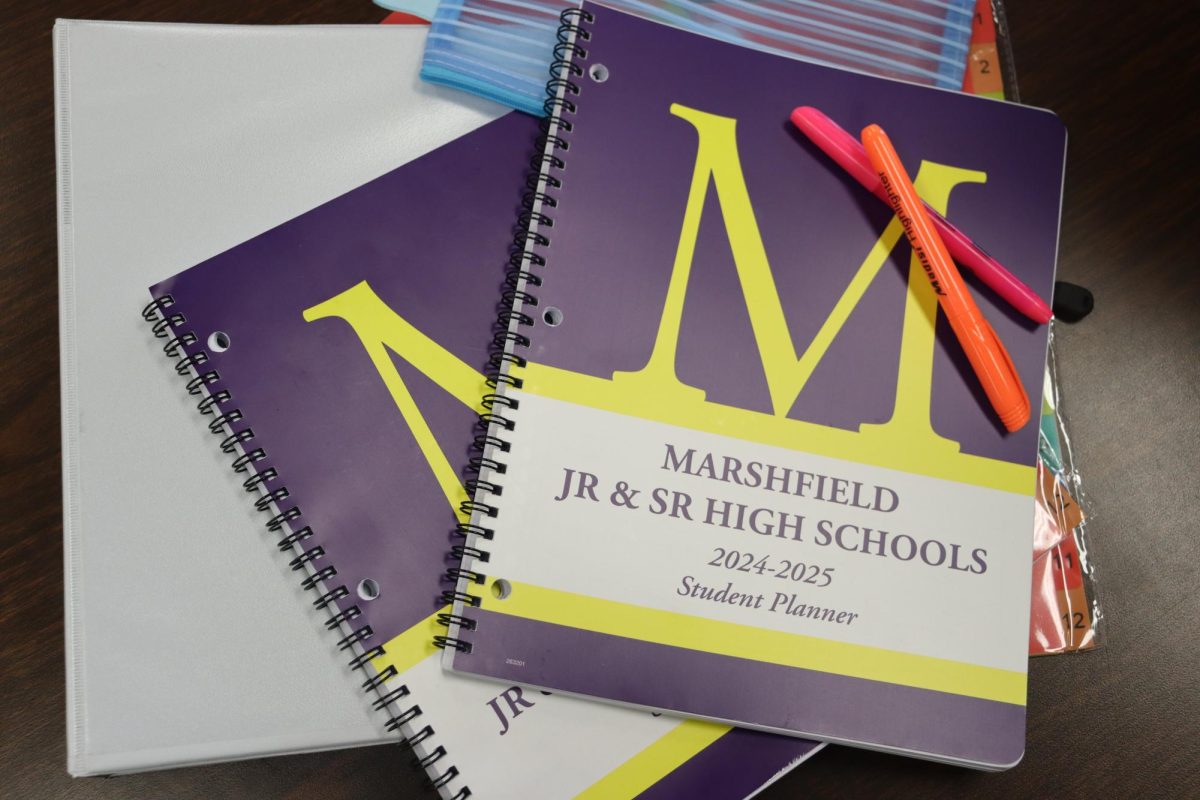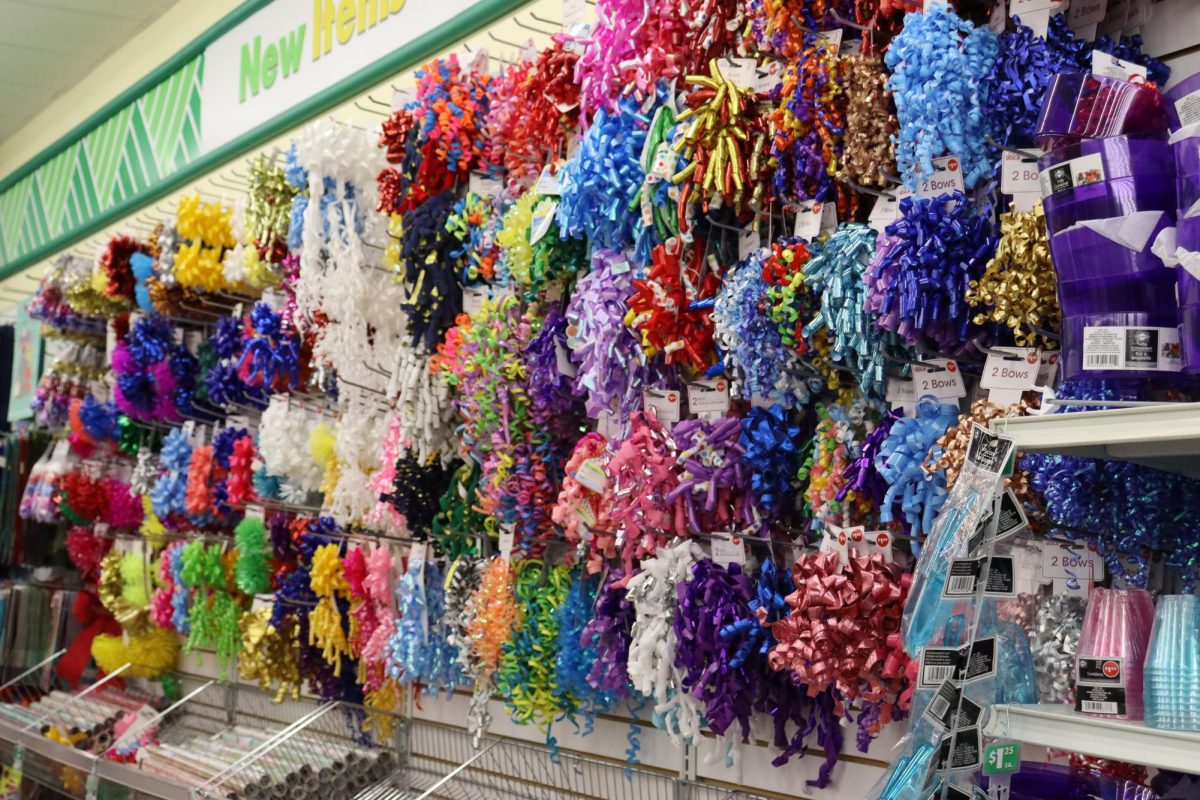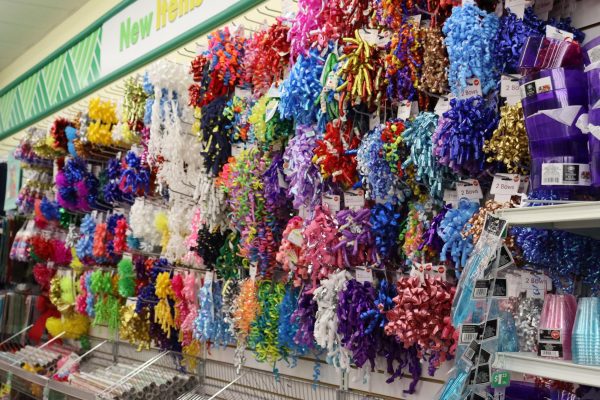What’s up with the cup: Earth friendly options for feminine hygiene
Americans use around 19 billion single-use menstrual products, like tampons and pads, each year. Unfortunately, 80 percent of them end up in landfills where they’re not able to break down for up to 500 years. Even worse, if they’re not properly disposed of, they can block sewers, cause flooding, and pollute the Earth’s marine biomes. All of the water, herbicides, insecticides, fertilizers, and other machinery used to produce cotton should be taken into account as well since it’s the main component of the previously noted products. Human health is also at risk, confirms certified nurse midwife Meredith Batty with the North Bend Medical Center.
“Those single use products, like pads and tampons– sometimes they have dyes, bleaches, or additives that can be irritating to peoples tissues,” Batty said on the subject. “I hear people who are like ‘Gosh, after my period every month I get a yeast infection’, and it’s like, hmm, it’s probably because of the tampons you’re using.”
Along the same vein, tampons, specifically the superabsorbent ones, have been known to induce toxic shock syndrome, a life-threatening condition resulting from certain bacterial infections. In considering all of this, it’s hard for people with periods to stop their flow in a way that’s safe for themselves and the environment. Fortunately, there are alternatives to the traditional disposable tampons and pads.
When period wellness advocate Amanda Wilson was diagnosed with polycystic ovarian syndrome, or PCOS, she struggled with a multitude of menstrual health issues. This included things like irregular periods, weight fluctuations, anxiety and depression, and even hormonal imbalance. To fight against this and take back her life, she created her company VOXAPOD, a Portland based period care company. Through it, she aims to support others on their own period wellness journeys. One of the many products they offer are menstrual cups.
Menstrual cups are reusable period products that, rather than absorb blood, catch it. Users situate the cups inside their vaginas, up against the cervix. Interestingly, they’re made of medical-grade materials like silicone or thermoplastic rubber, making them almost immune to the collection of bacteria. Infections are rare, and usually only occur during the transfer of bacteria from the hands to the cup itself.
These cups can also provide up to ten years of use, depending on the brand, and can be a benefit in two different ways.
“The average person menstruates for 38 years, tossing roughly 12,000 used disposables in their lifetime,” said Wilson.
This means that in switching to reusable items, a dent can be made in our environmental situation. Disposal isn’t an issue either. If they’re silicone, burning them is an option. The ash left over isn’t harmful since silicone, though it goes through a chemical process, is derived from natural materials. Certain brands make their cups from natural rubber, which can be composted and will break down naturally.
The ten year life span also works well with many people’s wallets, since it’s likely a user will only need four cups within their lifetime.
“They can be a little expensive on the front end, but they’ll save you money once you find one that works for you,” said Batty.
Even with the cups’ numerous benefits though, lots of folks are still iffy about them. Many worry about the object becoming stuck–or even worse, that they’ll lose it inside themselves. Much of this, Batty explains, stems from the fact that those with external genitalia are often encouraged more to explore their own bodies, while those with internal genitalia are not. Instead, they’re shunned from even asking questions.
“Having questions about it getting lost, part of that is not understanding your own anatomy. People who have vaginas are not taught to explore their bodies. It’s seen as a taboo,” said Batty. “Knowing things like if you put something in your vagina it can’t get lost in your body. The idea is kind of that it’s a closed pocket. It can’t go anywhere else.”
Others worry about the overflowing cup, as well as clean up.
Brooke Blondell, one of Marshfield High School’s own health and physical education instructors, has been able to set the record straight through her own research.
“People with a heavier menstrual period may be hesitant because they may need to empty the cup more frequently, but they would already need to do that with changing a pad or tampon more frequently,” said Blondell. “Some may worry about a mess being made. What I’ve heard about the emptying of the cup is that it is very easy, and just gets dumped into the toilet and flushed.”
But yet others worry about odors that may come from a reusable cup.
“The odor you often smell with periods is the bacterial growth on the fibers of your pad or tampon,” said Wilson. “With menstrual cups, there’s no foul smell, just your natural vaginal scent. This means you can sit down without a nasty waft coming up. It also means less interruption to your natural pH.”
All in all, the choice to switch to menstrual cups is personal.
“You need to be comfortable with your body to be able to insert a menstrual cup,” said Blondell, “At least a little more than when using a pad or tampon.”
As Blondell explained, it means taking into account the comfort levels one has with their own body, understanding their own anatomy, and deciding whether it’s the best fit for them. If menstrual cups don’t sound like the answer, but reusable items still sound appealing, there’s a few to choose from, including reusable pads and period underwear. Reusable applicators are on the market too now and replace the applicators usually found with tampons, which can’t be recycled once they come into contact with blood.
“We sell and donate menstrual cups, however,” Wilson said. “We believe everyone should be given product choices to manage their period, and should never be shamed for preference.”
The decision is huge, but should never be intimidating. For more information, visit the VOXAPOD website where a sizing guide and quiz can be found, as well as tips and tricks for first time cup users. The Women’s Health Department at North Bend Medical Center welcomes all those who need help finding and measuring their cervix.
Your donation will support the student journalists of Marshfield High School. Your contribution will allow us to purchase equipment and cover our annual website hosting costs.

Senior Aubrey Brooks is continuing her second year with The Marshfield Times staff. Most of her time consists of trying to knock books off her reading...


























